


An analysis of scientific papers published in a 15-year period on molecular methods to identify elasmobranch species shows that better detection of illegal trade has not enhanced protection.

One of the fishing methods used to collect electric fish in the DEGy Negro River Expedition was employed for the first time on a large scale in freshwater during the Calhamazon project, which brought together researchers from Brazil and the United States between 1993 and 1996.
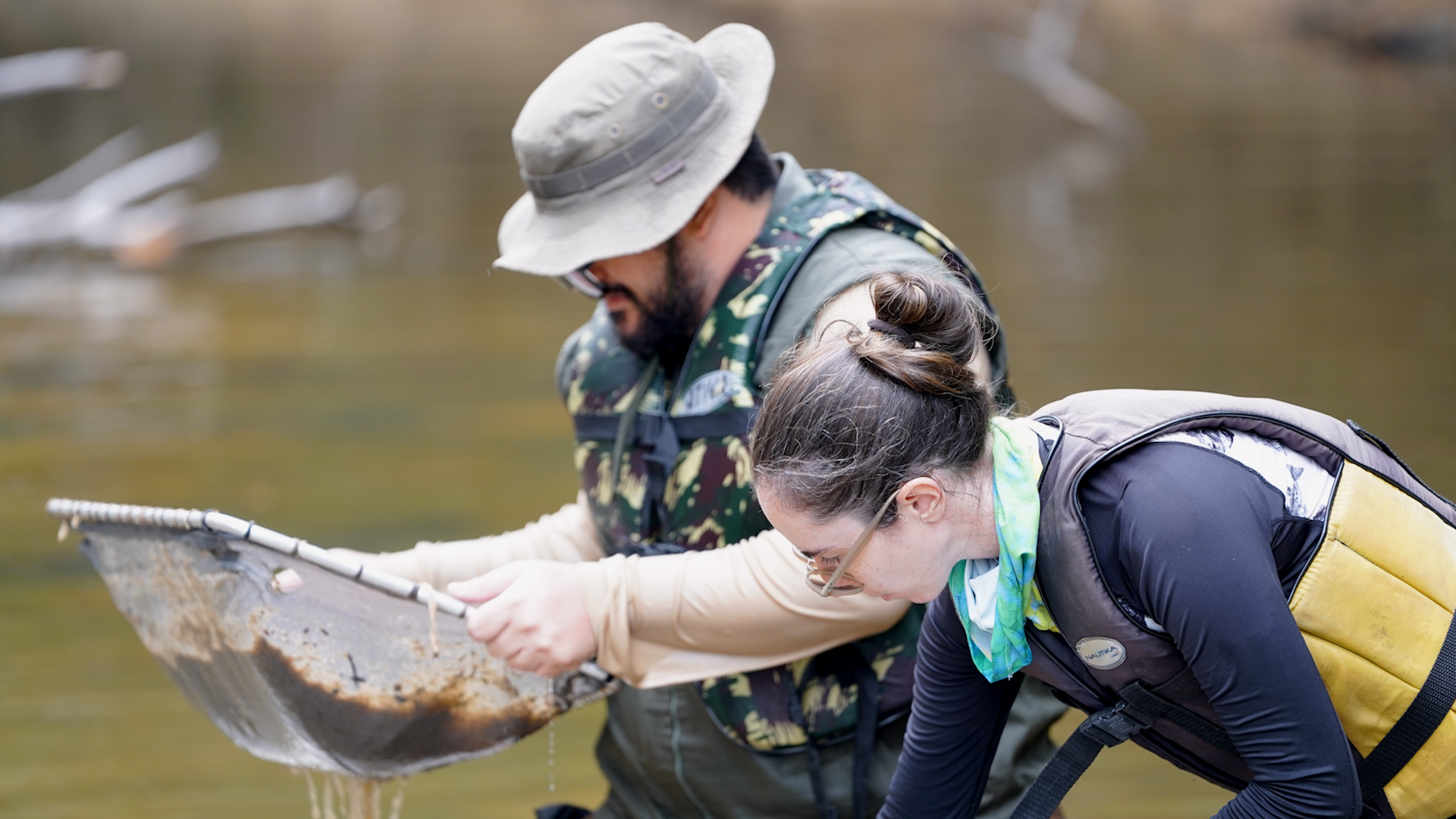
The most abundant electric fish are found from the bottom of large rivers to igarapés, where they can bury themselves in the sand or blend into the leaf litter. In two weeks, an expedition in the Negro River basin collected 27 species of the group.
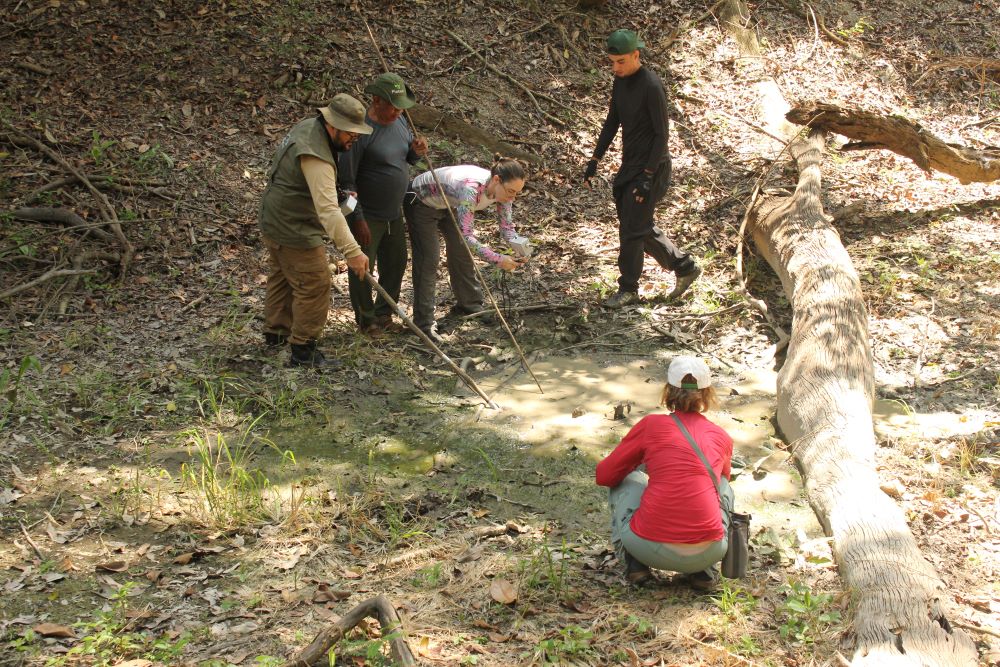
A species from the Negro River basin uses the spaces between the roots and hollows of trees to build nests and care for its young for four to six months, leaving only at night to hunt.
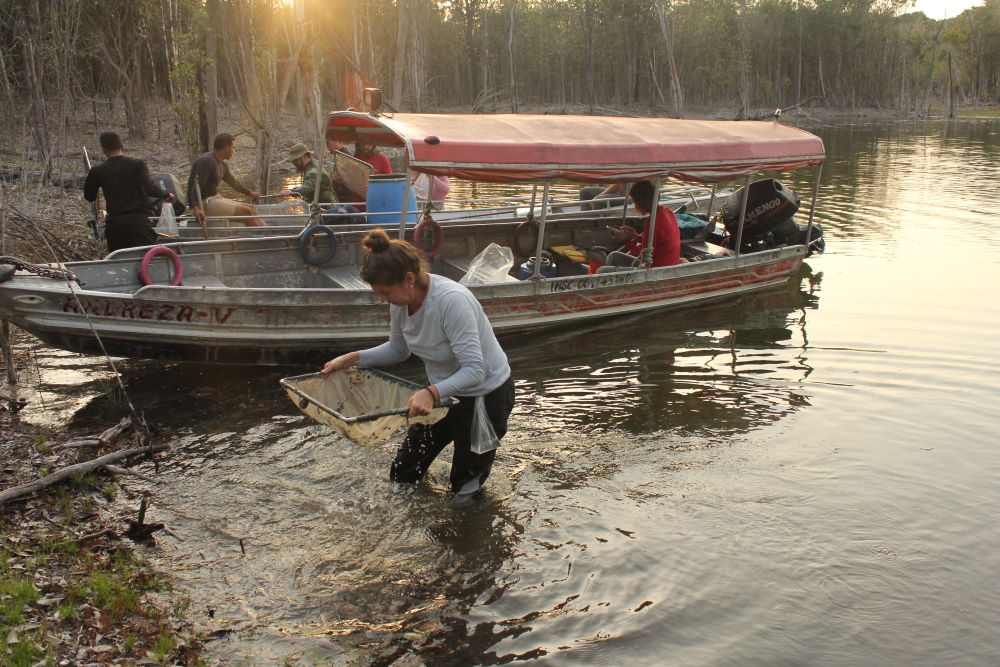
Historic drought in the Negro River basin and a possible inaccurate description of the distribution of Iracema caiana may be reasons why the species was not found by the DEGy Negro River Expedition. The episode describes the first collections.
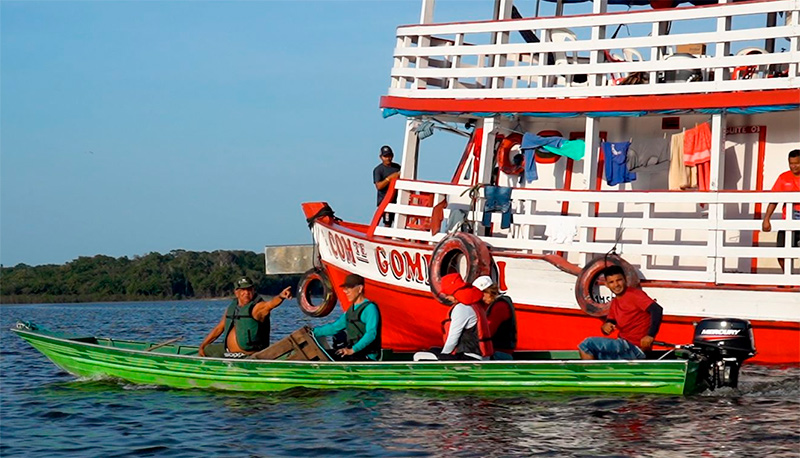
In preparation for the expedition down the Negro River in search of fish of the order Gymnotiformes, researchers gather more than 200 kilos of equipment and supplies for detecting, collecting and storing specimens.
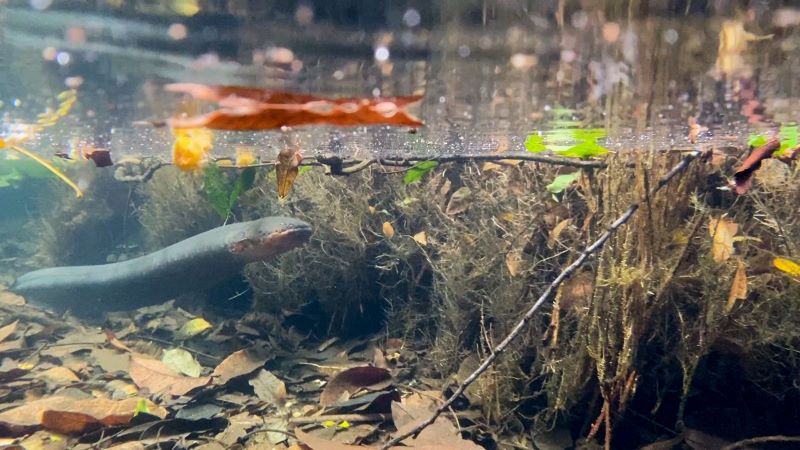
For two weeks, scientists from the University of São Paulo collected specimens of poraquês and other fish of the order Gymnotiformes aboard the vessel Comandante Gomes. The Agência FAPESP report followed the work in the field.
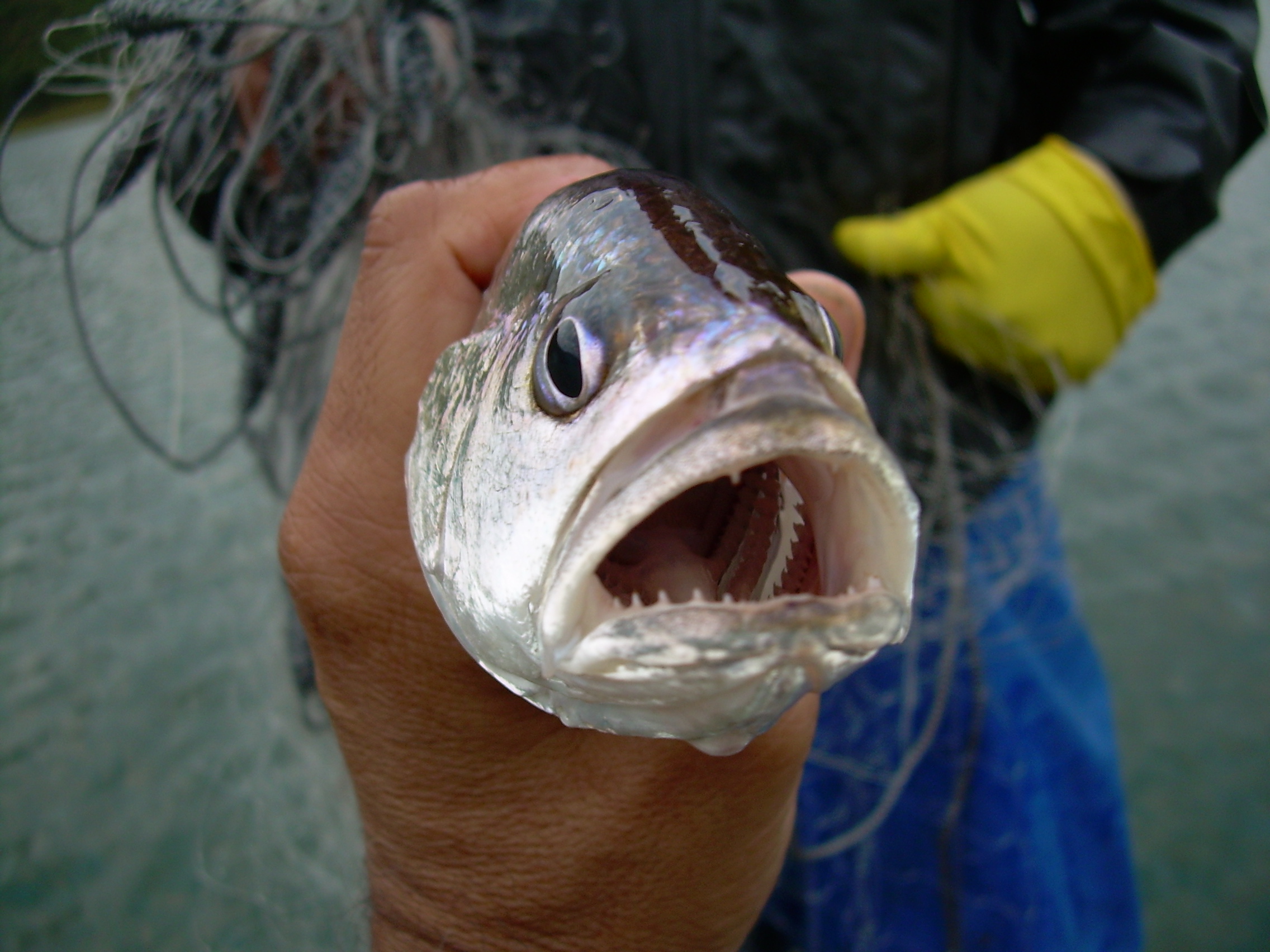
Since 2001, when it was first recorded in the Jaguarai reservoir in São Paulo state, the Silver croaker (Plagioscion squamosissimus) has established and increased its population in the Paraíba do Sul Basin to the detriment of native fish species.
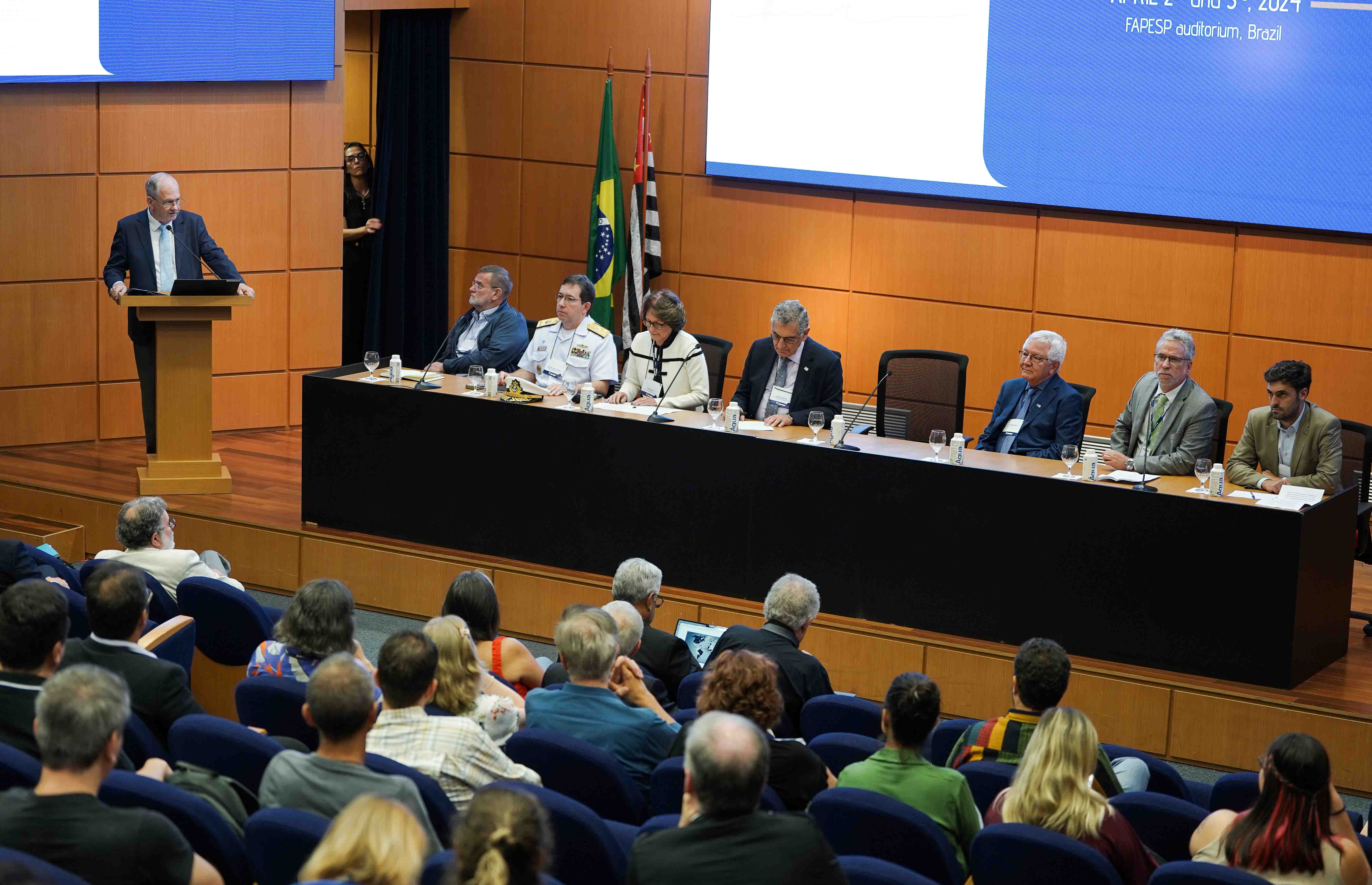
Launched on April 2 at FAPESP, the program will initially involve researchers from Brazil, Argentina and France.
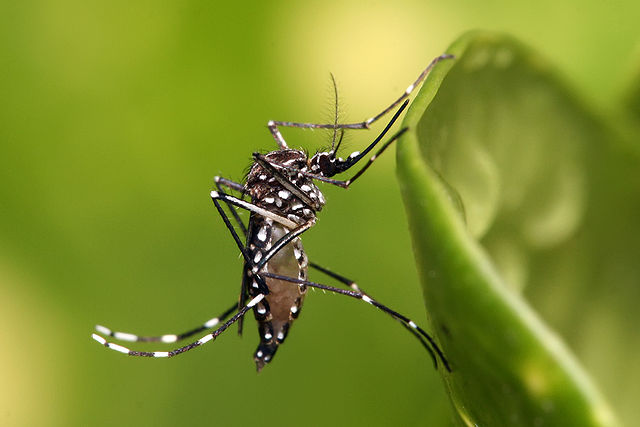
The number may be an underestimate in light of gaps in studies of the problem, according to the authors of a report issued by the Brazilian Platform on Biodiversity and Ecosystem Services.
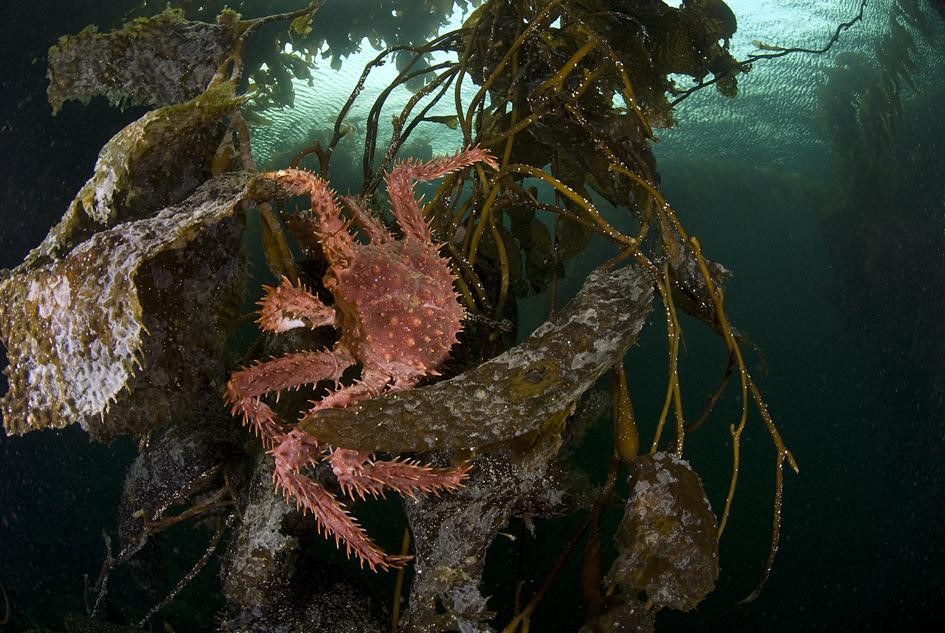
Working in partnership with scientists at the University of Magallanes in Chile, Brazilian researchers are conducting studies of the Chilean subantarctic region.

Researchers at the Federal University of São Carlos found that glitter’s metal coating reduced the amount of light penetrating water bodies and hence impaired photosynthesis by the Large-flowered waterweed Egeria densa. The problem may impact primary producer organisms at the bottom of the food chain, they warn.
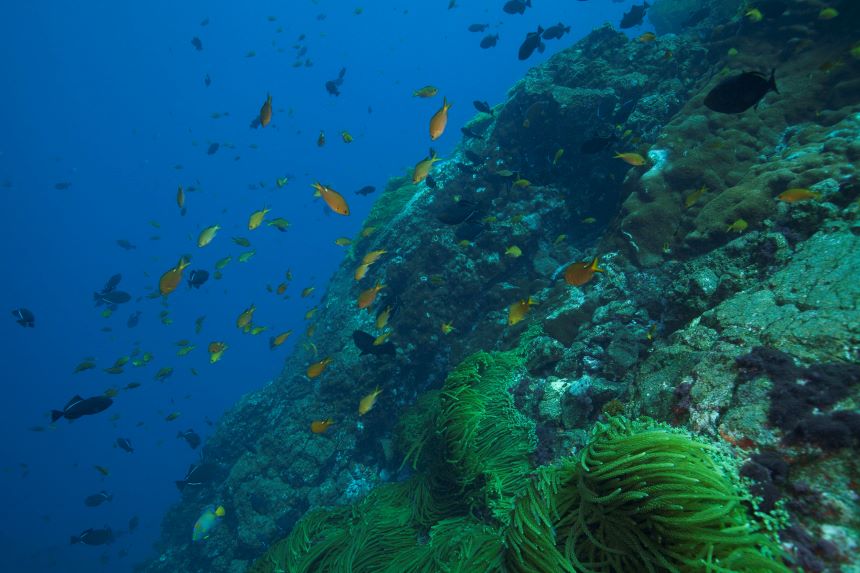
The report was written by 53 academic and government specialists, 12 young researchers, and 26 representatives of Indigenous and traditional communities. It aims to be useful to policymakers and to raise the general public’s awareness of the importance of protecting the ocean and coastline.
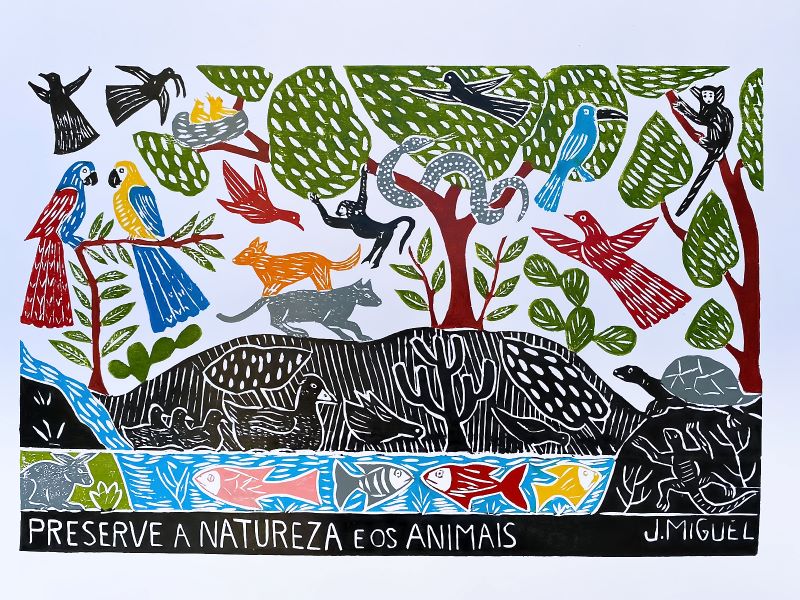
The event, which is supported by FAPESP, is for young researchers and environmental technicians. Thirty applicants from Brazil and 30 from other countries will be selected.
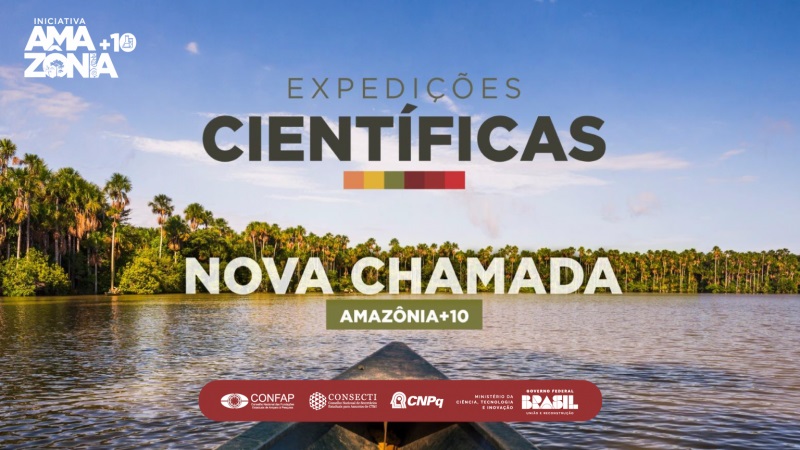
With the new contributions from abroad, the Scientific Expeditions call, issued in partnership with the National Council for Scientific and Technological Development, now has a fund totaling some BRL 94 million.
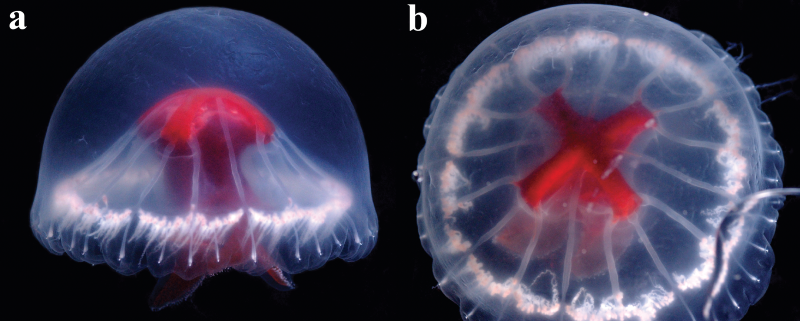
André Morandini, Director of the University of São Paulo’s Center for Marine Biology, was on the team that has published a description of a rare medusa found at a depth of 812 meters. The animal has been sighted only twice in a deep-sea volcanic structure called Sumisu Caldera, in the Ogasawara Islands.
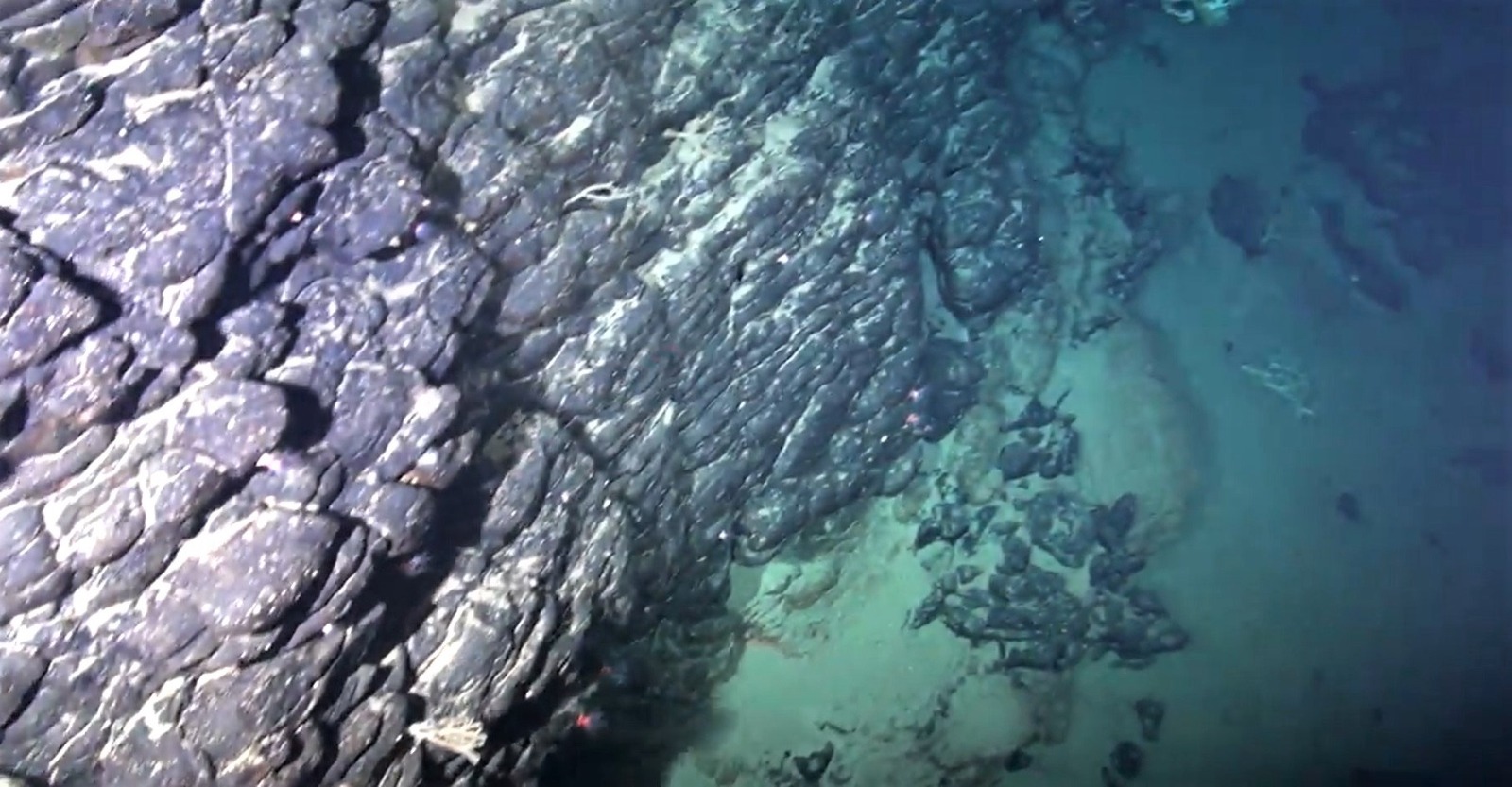
This part of the seafloor in the South Atlantic is rich in cobalt, nickel and lithium, as well as tellurium and other rare earths critical to the energy transition. The scientists plan to continue research on its natural processes as a contribution to prospecting efforts.
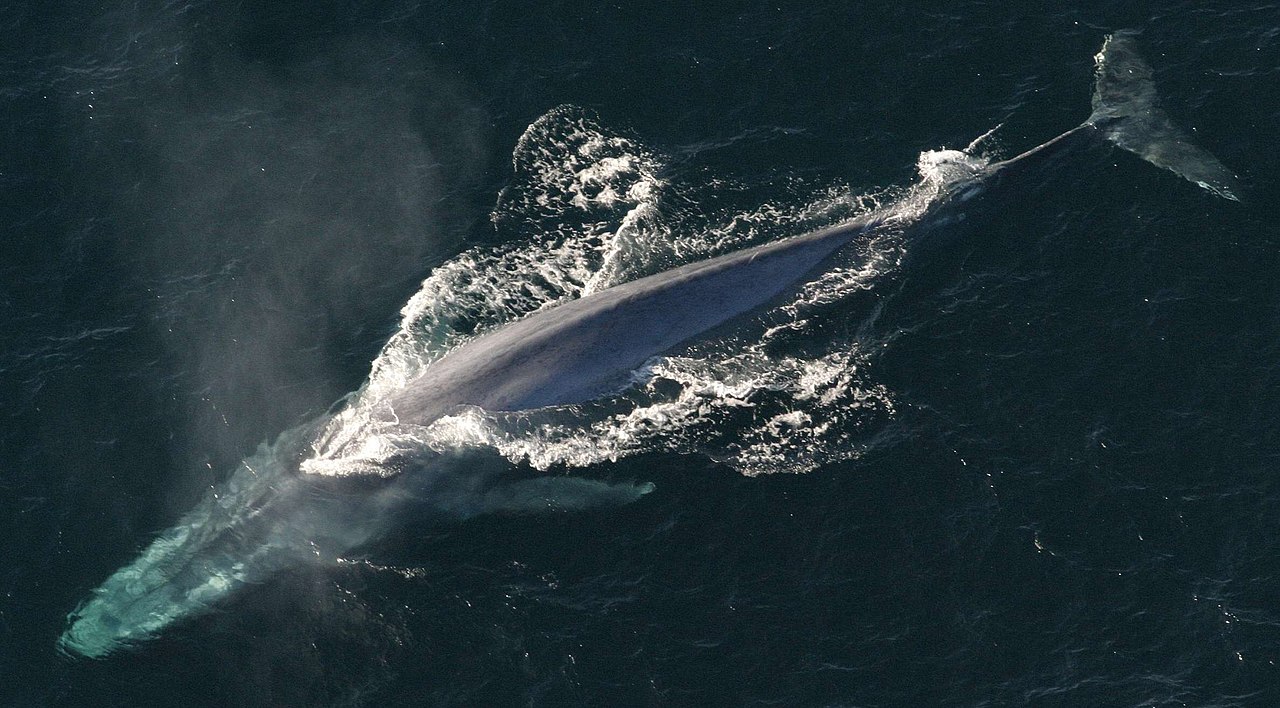
Some species of cetacean are up to 4 meters in length, while others reach 30 meters. According to researchers at the State University of Campinas, genes that favor the colossal growth of these mammals also inhibit the development of cancer.
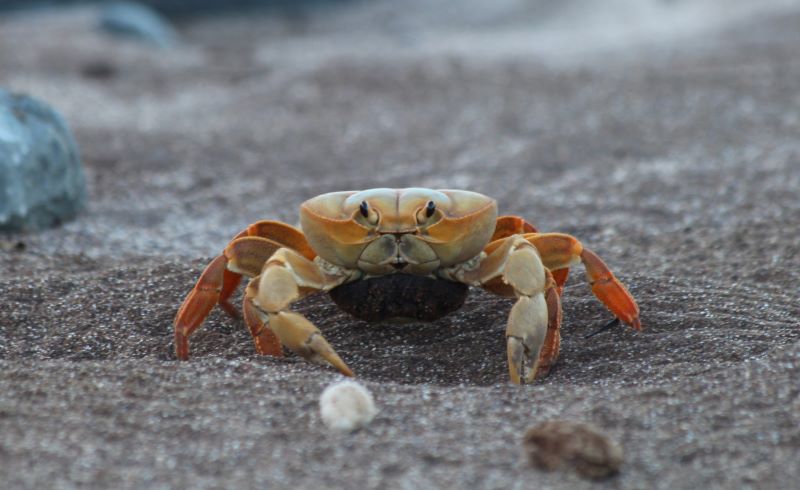
The land crab Johngarthia lagostoma occurs only on four ocean islands, three of which are in Brazil, but little is known of its natural history. Brazilian researchers discovered that a hill and beach on Trindade Island play a key role in the species’ reproductive cycle and survival.
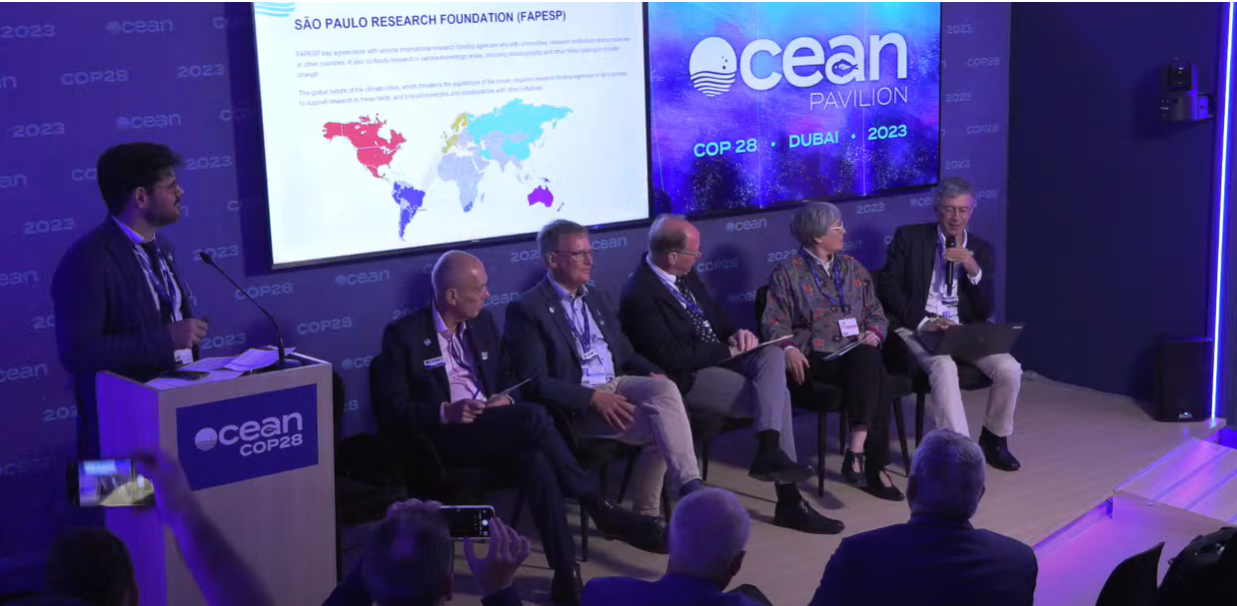
The International Panel for Ocean Sustainability (IPOS) will translate scientific information into policymaking decisions that help protect the world’s oceans.
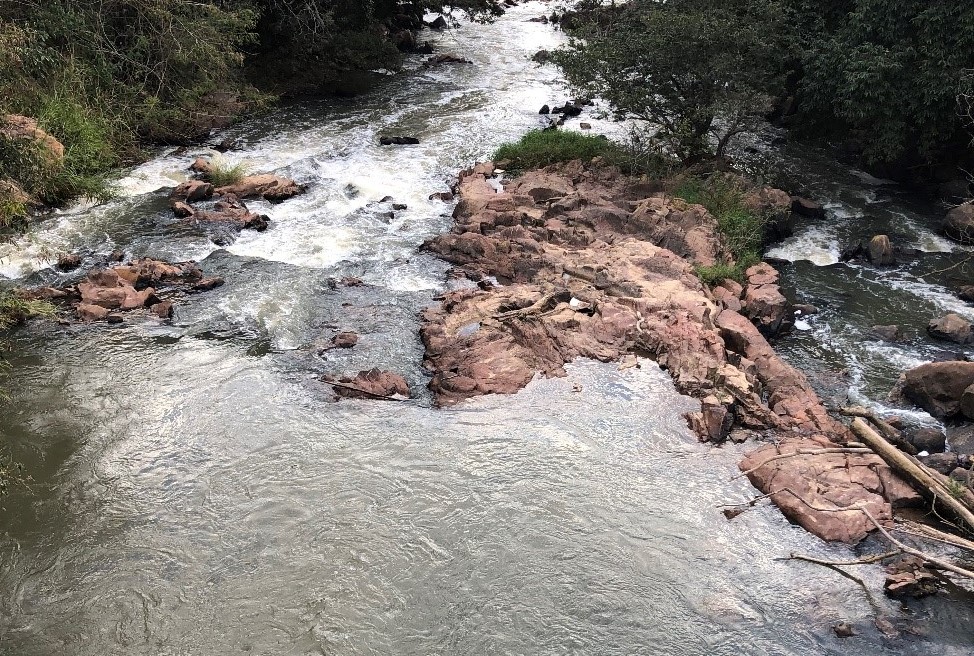
Scientists at the State University of Campinas analyzed samples taken at 15 points in the basin comprising the Piracicaba, Capivari and Jundiaí Rivers, and detected 45 contaminants, including compounds from agricultural, industrial and household effluents not yet regulated by Brazilian legislation.
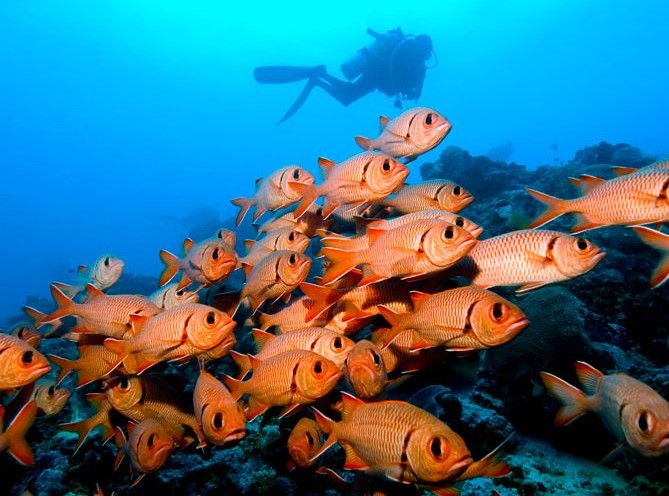
A group of organizations led by Woods Hole Oceanographic Institution (WHOI) and the University of California San Diego’s Scripps Institution of Oceanography have established an online platform to raise the visibility of the ocean and highlight its importance to climate negotiations and life on the planet.
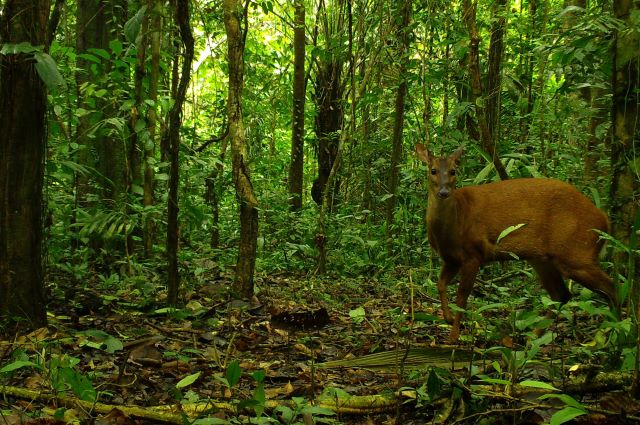
A study conducted in sustainable-use reserves shows that local game species become less abundant about 5 kilometers away from the nearest human community, but the negative effects of anthropic activity can be mitigated by appropriate management strategies.
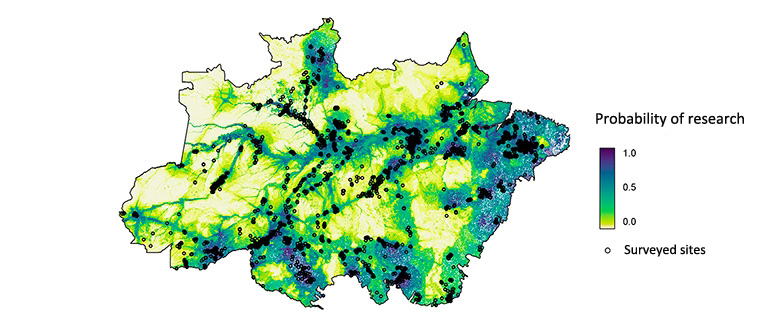
The findings evidenced high susceptibility to climate change by 2050 in 15%-18% of the areas with the most neglected biodiversity.
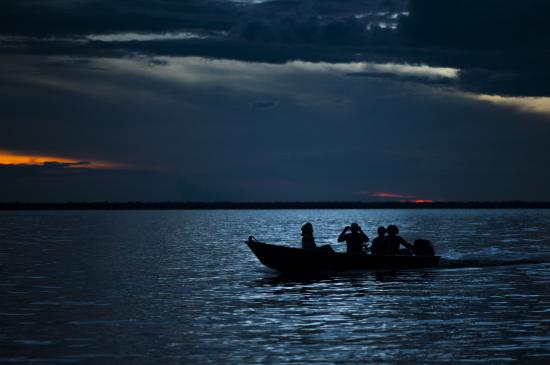
Subnational funding agencies and Brazil’s National Scientific Council will partner to allocate almost BRL 60 million to research projects that explore little-known areas of the world’s largest tropical forest.